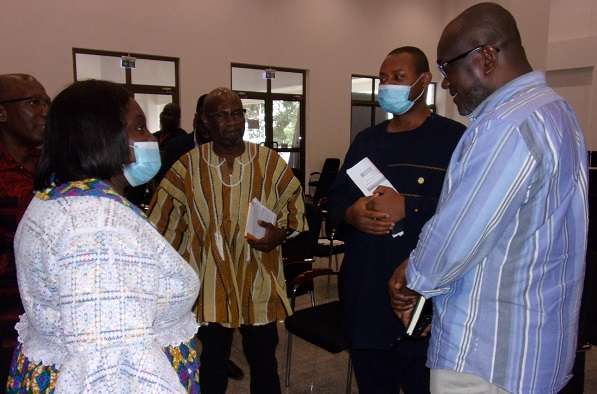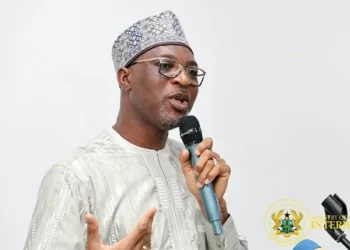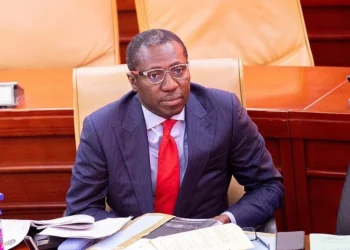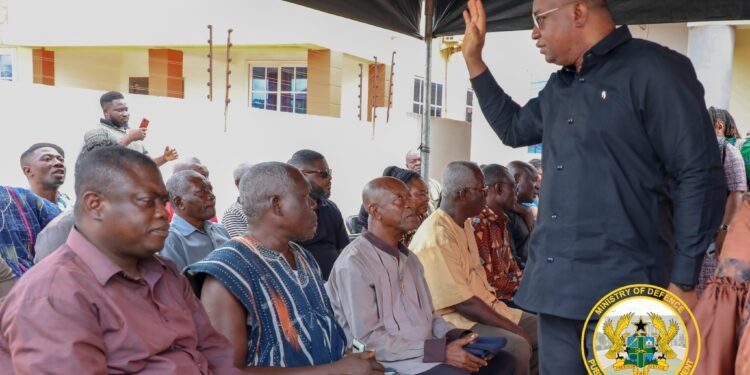As Ghana approaches another election cycle, the crucial role of Civil Society Organizations (CSOs) in fostering development and good governance has never been more imperative.
Civil Society Organizations serve as vital intermediaries between the government and the populace, mostly advocating for transparency, accountability, and public welfare.
Their involvement becomes particularly critical in the context of health policies and political manifestos, where the stakes are incredibly high for the country’s well-being.
Dr. Kwame Asiedu Sarpong, a Democracy and Development Fellow at the Ghana Centre for Democratic Development (CDD-Ghana), in a statement underscored the urgent need for Civil Society Organizations in the country to scrutinize political promises meticulously ahead of the December 7 polls.
He emphasized that as citizens stand at the crossroads of political rhetoric and pressing healthcare needs, the role of CSOs in demystifying party manifestos and ensuring informed electoral choices becomes indispensable.
Navigating Political Rhetoric and Healthcare Realities
Dr. Sarpong pointed out that Ghana’s democracy, with its regular four-year electoral cycle, often fails to hold elected officials accountable for their stewardship, particularly regarding healthcare promises.
According to him, the frequent abandonment of health infrastructure projects and the failure by successive governments to meet manifesto commitments have left voters disillusioned.
This, he posited has led to skepticism among the general public, exacerbated by Ghana’s current economic challenges, including an International Monetary Fund (IMF) program that restricts government spending, further constraining potential healthcare investments.
However, Dr Sarpong noted that despite these challenges, health remains a critical public service, essential for enhancing life quality and life expectancy.
He emphasized that Ghana’s commitment to Sustainable Development Goal 3 (SDG3), which aims to ensure healthy lives and promote well-being for all ages underscores the importance of achieving Universal Health Coverage (UHC) by 2030.
The renowned Pharmacist thus posited that in realizing the above goal amidst economic constraints demands careful planning and prioritization, areas where Civil Society Organizations can provide invaluable assistance.
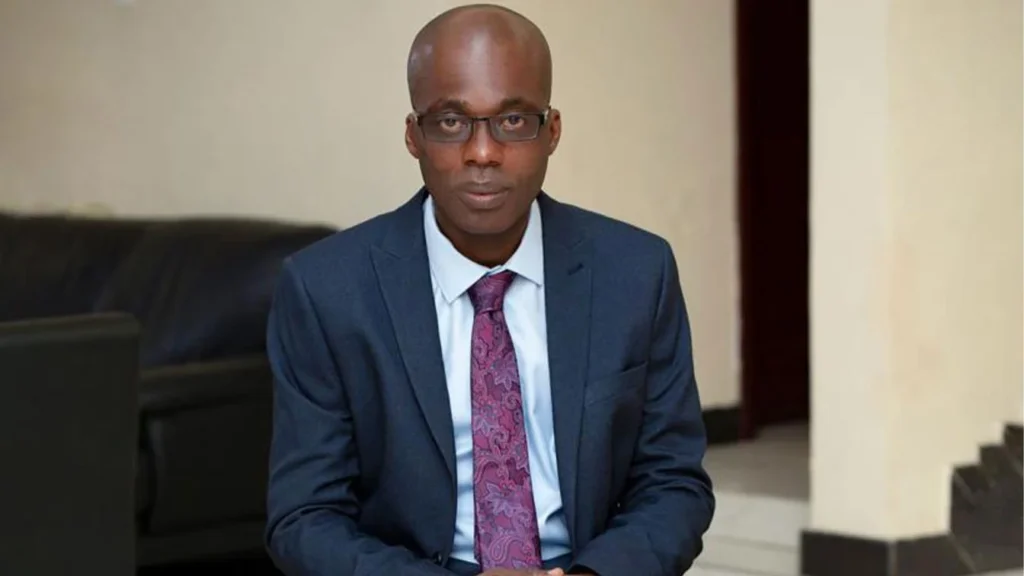
The Imperative Role of Civil Society Organizations
In calling for Civil Society Organizations to take the responsibility to bridge the knowledge gap for voters, Dr. Sarpong argued that many voters lack the necessary understanding of national and local healthcare needs and struggle to interpret the information available to them.
Consequently, he urged Civil Society Organizations to take the lead in evaluating and distilling the content of political manifestos, presenting their findings in an accessible manner to the electorates.
To effectively guide voters, Dr Kwame Asiedu Sarpong, the Democracy and Development Fellow at the Ghana Centre for Democratic Development outlined several key issues that Civil Society Organizations must take keen interest as part of their works.
Dr. Sarpong, began by underscoring the critical need for Civil Society Organizations to assess whether political parties present clear, realistic plans for achieving UHC by 2030, emphasizing that given Ghana’s fiscal limitations, manifestos must propose feasible strategies for expanding healthcare coverage without overburdening the budget.
He also underscored the crucial need for Civil Society Organizations to scrutinize strategies for completing existing health infrastructure projects, urging them to kick against attempt by political parties to make promises to start new projects without addressing unfinished ones.
Moreover, Dr Sarpong urged Civil Society Organizations to ensure that proposed healthcare policies are financially sustainable, improving revenue generation for the health sector without imposing excessive burdens on citizens.
This he noted includes evaluating commitments to the viability of the National Health Insurance Scheme (NHIS).
Touching on the need to address health workforce shortages and improve retention rates in the country, Dr Sarpong also urged Civil Society Organizations to demand that political parties prioritize investing in healthcare professionals to ensure adequate staffing levels across the country.
Among several things, Dr Sarpong called on Civil Society Organizations to advocate for mechanisms to monitor and evaluate policy implementation, ensuring healthcare leaders are appointed based on competence rather than partisan loyalty.
The renowned Pharmacist and health advocate concluded by asserting that the complexity of healthcare promises in political manifestos necessitates the active involvement of CSOs to help voters make informed decisions.
He emphasized that should voters fail to scrutinize these promises adequately, it could result in collective disadvantage, hence CSOs must undertake the responsibility of distilling manifesto content, identifying discrepancies, and highlighting unrealistic or vague commitments.
“In a country like ours, it is clear from the above that left to their devices, most voters will struggle to adequately scrutinize the manifestos of respective political parties. Should they fail to do so and make uninformed choices, it could go to our collective disadvantage.
“This is where the role of Civil Society Organizations (CSOs) is key. As watchdogs of the electoral and governance process, these organizations must take the responsibility of distilling the content of these documents and make their findings available to voters in an easy-to-understand version”.
Dr Kwame Asiedu Sarpong, D&D Fellow CDD-Ghana
By utilizing local languages and varied communication tools, Dr Sarpong noted that Civil Society Organizations can enhance the reach and comprehension of their analyses.
Given the above, it’s without a scintilla of doubt that the role of Civil Society Organizations in Ghana’s electoral process is crucial for ensuring that healthcare promises are not only realistic but also achievable and sustainable.
By empowering voters with clear, accurate information, Civil Society Organizations can hold political parties accountable, ensuring that healthcare improvements translate into tangible benefits for all citizens.
READ ALSO:Bank of Ghana Nears Launch of eCedi

